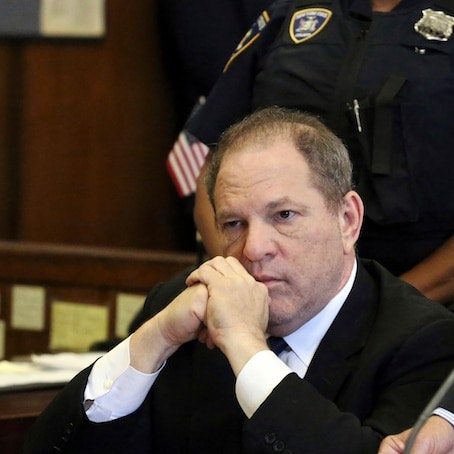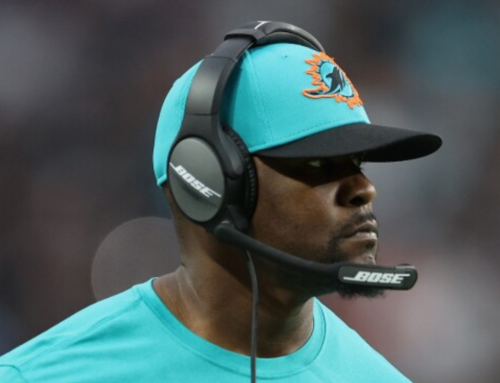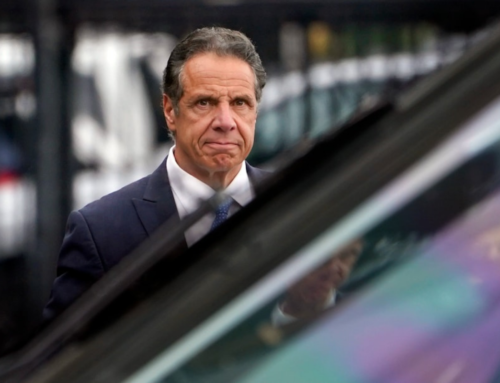The #MeToo movement has spurred employers and investors to try to protect their bottom lines from expensive lawsuits, damaging public relations crises and other costly legal battles. Many companies have added more training to show they are addressing the issue. Investors have called on boards to hire outside workplace experts or improve the gender diversity and independence of their directors. Businesses are increasing insurance coverage that protects against expensive sexual harassment settlements.
And now, investment banks and merger and acquisitions advisers are getting their shields out, too, reports Bloomberg, advising clients to add a “Weinstein clause” or mandate a “#MeToo rep” during deal-making to protect them from sexual harassment claims. Companies are negotiating the right to claw back money if subsequent revelations damage the business, performing more “social due diligence,” or asking target firms to attest that no sexual harassment allegations have been made against top-level employees in recent years. A Bloomberg analysis found at least seven deals that included such representations this year.
The requests may be a wise step toward avoiding the purchase of what turns out to be the next Weinstein Company. And they put real consequences in place to address a practice that all too often has been swept under the rug. A recent study from researchers at UCLA and the University of Amsterdam has shown that even one sexual harassment claim can damage a company’s image — a risk investors are understandably averse to taking.











Leave A Comment